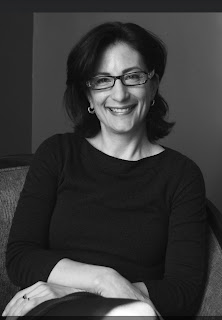Dr. Heidi Kling | Embracing Resistance: Turning Challenges into Opportunities
In the therapeutic journey, resistance often arises as individuals confront uncomfortable emotions or confrontational truths about themselves. Rather than viewing resistance as a roadblock to progress, therapists encourage individuals to embrace it as an opportunity for deeper exploration and growth. Resistance signals areas of inner conflict or unresolved issues that are ripe for exploration and healing. By leaning into resistance with curiosity and compassion, individuals can uncover underlying beliefs or fears that may be holding them back from fully engaging in the therapeutic process. Therapists like Heidi Kling (therapist) use various techniques, such as gentle exploration, reframing, and validation, to help clients navigate resistance and move towards greater insight and acceptance. Embracing resistance as a natural part of the therapeutic journey allows individuals to transform challenges into opportunities for profound personal growth and transformation...



